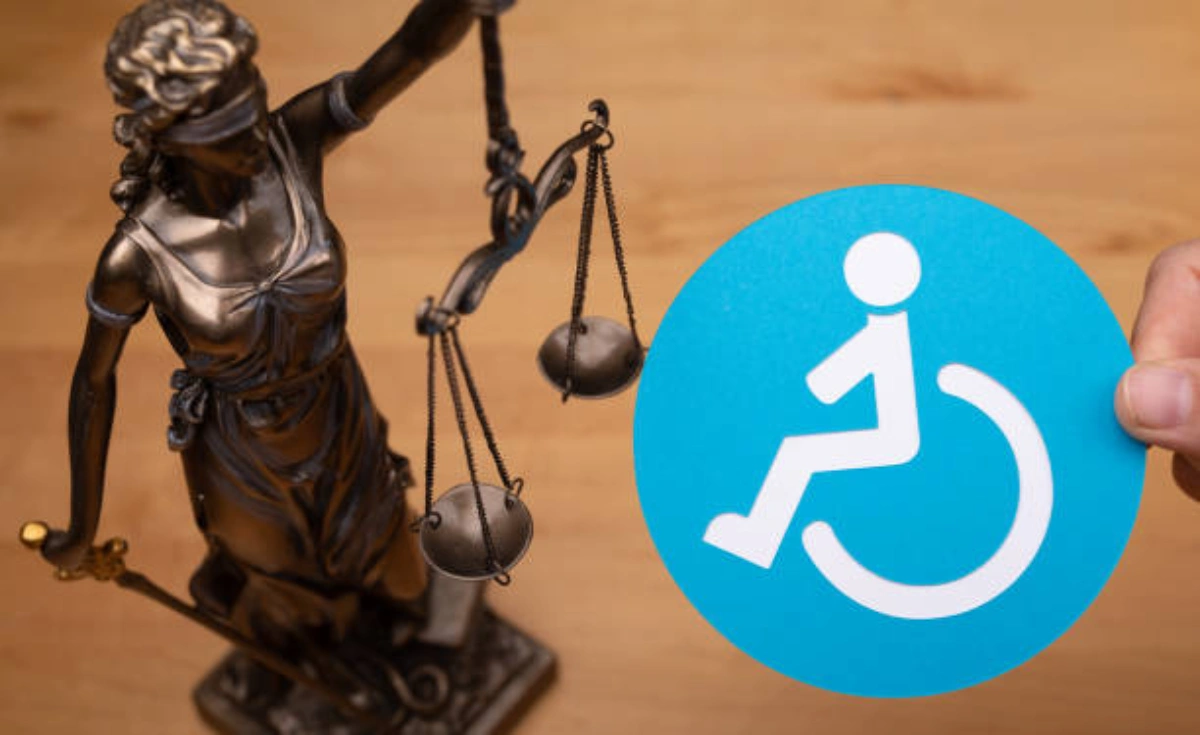How to Find a Personal Injury Lawyer – Step-by-Step Guide

Personal Injury Law: What You Need to Know?
Personal injury law protects individuals injured due to another party’s negligence. It covers a range of cases, including car accidents, slip-and-fall incidents, workplace injuries, and medical malpractice. This area of law allows victims to pursue compensation for losses such as medical bills, lost wages, and emotional distress. Hiring a personal injury lawyer is crucial to navigating complex legal procedures. An experienced lawyer can evaluate your case, collect evidence, negotiate with insurance companies, and represent you in court if necessary. They ensure that you receive fair compensation for your injuries. To get started, follow these steps:- Identify Your Case Type: Determine whether your injury resulted from a car accident, workplace mishap, or medical malpractice.
- Research Qualified Attorneys: Look for local attorneys with expertise in personal injury law.
- Evaluate Reviews and Testimonials: Client feedback can provide insight into a lawyer’s success rate and communication skills.
- Schedule Consultations: Meeting with potential lawyers allows you to assess their professionalism and expertise.

Ready to connect with top legal professionals? Get immediate support— Call us at 877-550-8911.
Key Factors to Consider When Hiring a Personal Injury Lawyer
Choosing the right personal injury lawyer can impact the success of your case. Here are essential factors to consider:1. Experience and Expertise
Ensure that the lawyer has experience handling cases similar to yours. A lawyer with a strong background in personal injury law will be better equipped to navigate your case and anticipate potential challenges.2. Reputation and Track Record
Look for attorneys with positive client reviews and a history of successful outcomes. Review platforms such as Avvo and Google Reviews can provide valuable insights into a lawyer’s reputation and effectiveness.3. Communication Style
A lawyer who communicates clearly and keeps you informed throughout the process is essential. During initial consultations, assess their responsiveness and willingness to address your concerns.4. Fee Structure and Transparency
Most personal injury lawyers work on a contingency fee basis, meaning they only get paid if you win your case. Clarify their fee percentage and any additional costs before signing an agreement to avoid unexpected financial burdens.5. Comfort and Trust
Trust your instincts. Choose a lawyer who makes you feel comfortable and confident in their ability to handle your case.Identifying Your Specific Legal Needs
To find the best personal injury lawyer, you must first identify your specific legal needs. Personal injury law encompasses various types of cases, each requiring different expertise. Consider the following questions:- What type of injury did you sustain? Identify whether your injury resulted from a car accident, slip-and-fall, or workplace incident.
- Was the injury caused by someone else’s negligence? Establishing fault is critical in determining whether you have a valid claim.
- Are there witnesses or evidence to support your case? Collecting witness statements and relevant evidence can strengthen your case.
Researching Local Personal Injury Lawyers
Conducting thorough research is essential for selecting the right personal injury lawyer. Follow these steps to streamline your search:- Compile a List of Potential Lawyers: Use online directories, legal websites, and referrals from friends and family.
- Check Credentials and Experience: Ensure that the lawyer is licensed, has relevant experience, and specializes in personal injury law.
- Read Online Reviews and Testimonials: Platforms such as Avvo, Yelp, and Google Reviews offer insights into a lawyer’s reputation. Look for consistent positive feedback and a strong track record.
- Schedule Initial Consultations: Consultations allow you to assess a lawyer’s approach, ask questions, and gauge their understanding of your case.
Leveraging Online Resources to Find a Personal Injury Lawyer
Online resources can significantly simplify your search for a personal injury lawyer. Here’s how to use them effectively:- Lawyer Directories: Websites such as Avvo, Martindale-Hubbell, and FindLaw provide detailed lawyer profiles and client reviews.
- Social Media Platforms: Platforms like LinkedIn and Facebook offer insights into a lawyer’s professional background and client interactions.
- Legal Referral Services: The American Bar Association (ABA) and similar organizations vet lawyers based on their credentials and provide trustworthy recommendations.
The Importance of Referrals in Finding a Personal Injury Lawyer
Referrals from friends, family, or colleagues can provide valuable guidance when searching for a personal injury lawyer. These recommendations often offer insights into a lawyer’s expertise, communication style, and case outcomes. To maximize the benefits of referrals:- Ask for Specific Recommendations: Inquire about the lawyer’s strengths, reliability, and ability to handle cases similar to yours.
- Research Their Background: Verify the lawyer’s qualifications, specialization, and success rates through online platforms.
- Schedule Consultations: Meet with referred lawyers to discuss your case and assess their approach.
Evaluating a Lawyer’s Experience and Track Record
When selecting a personal injury lawyer, assessing their experience and track record is crucial. Consider the following factors:1. Years of Practice
Lawyers with extensive experience in personal injury law are more likely to understand the nuances of different case types and anticipate potential challenges.2. Success Rate and Case Outcomes
Evaluate their success rate in cases similar to yours. A strong track record may include:- High settlement amounts
- Positive client testimonials
- Recognition in legal publications
3. Specialization and Expertise
Some personal injury lawyers specialize in specific areas, such as car accidents, medical malpractice, or product liability. Choosing a lawyer with expertise in your case type enhances the likelihood of a favorable outcome.
Understanding Fees and Payment Structures
Clarifying a lawyer’s fee structure is essential before committing to legal representation. Most personal injury lawyers operate on a contingency fee basis, meaning they only get paid if you win. However, payment structures may vary:- Contingency Fees: Typically 25% to 40% of the settlement amount, depending on case complexity.
- Additional Costs: Filing fees, expert witness fees, and other expenses may be deducted from the settlement or billed separately.
- Hourly Rates or Flat Fees: Some lawyers may charge hourly rates or flat fees for specific services, especially for consultation or document preparation.
Making the Right Decision: Selecting the Best Personal Injury Lawyer
Choosing the right personal injury lawyer involves more than evaluating credentials and experience. To make an informed decision, consider the following factors:1. Experience and Case Specialization
Look for lawyers with a strong track record in handling cases similar to yours. Specialized knowledge in your case type can improve your chances of success.2. Communication and Responsiveness
Effective communication is critical in legal proceedings. Choose a lawyer who explains legal processes clearly and responds to your queries promptly.3. Fee Structure and Financial Transparency
Clarify all aspects of the lawyer’s fee structure to ensure there are no hidden costs. Contingency fee arrangements should be well-documented to avoid surprises later.4. Initial Consultation Impressions
Trust your instincts. During initial consultations, assess whether the lawyer understands your case and demonstrates a genuine commitment to your success.FAQs
1. How long do I have to file a personal injury claim? The statute of limitations varies by state, but most states allow two to three years from the date of the injury to file a claim. 2. How much does a personal injury lawyer charge? Most personal injury lawyers work on a contingency fee basis, charging between 25% and 40% of the settlement amount. 3. What should I ask during a consultation with a personal injury lawyer? Ask about their experience, fee structure, success rate, and approach to handling cases similar to yours. 4. Can I negotiate the lawyer’s contingency fee? In some cases, lawyers may be open to negotiating their contingency fee, especially if the case is straightforward. 5. How long does it take to resolve a personal injury case? The duration varies depending on case complexity, but most cases take several months to a few years to resolve.Don’t wait to secure the legal representation you deserve. Visit Legal Case Review today for free quotes and tailored guidance, or call 877-550-8911 for immediate assistance.


